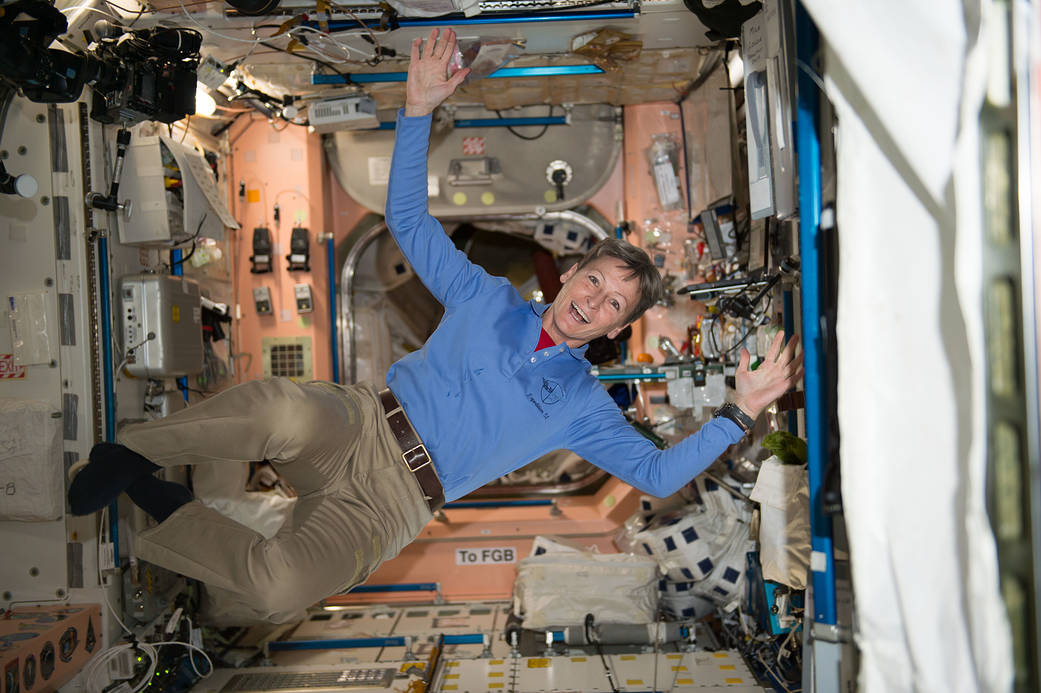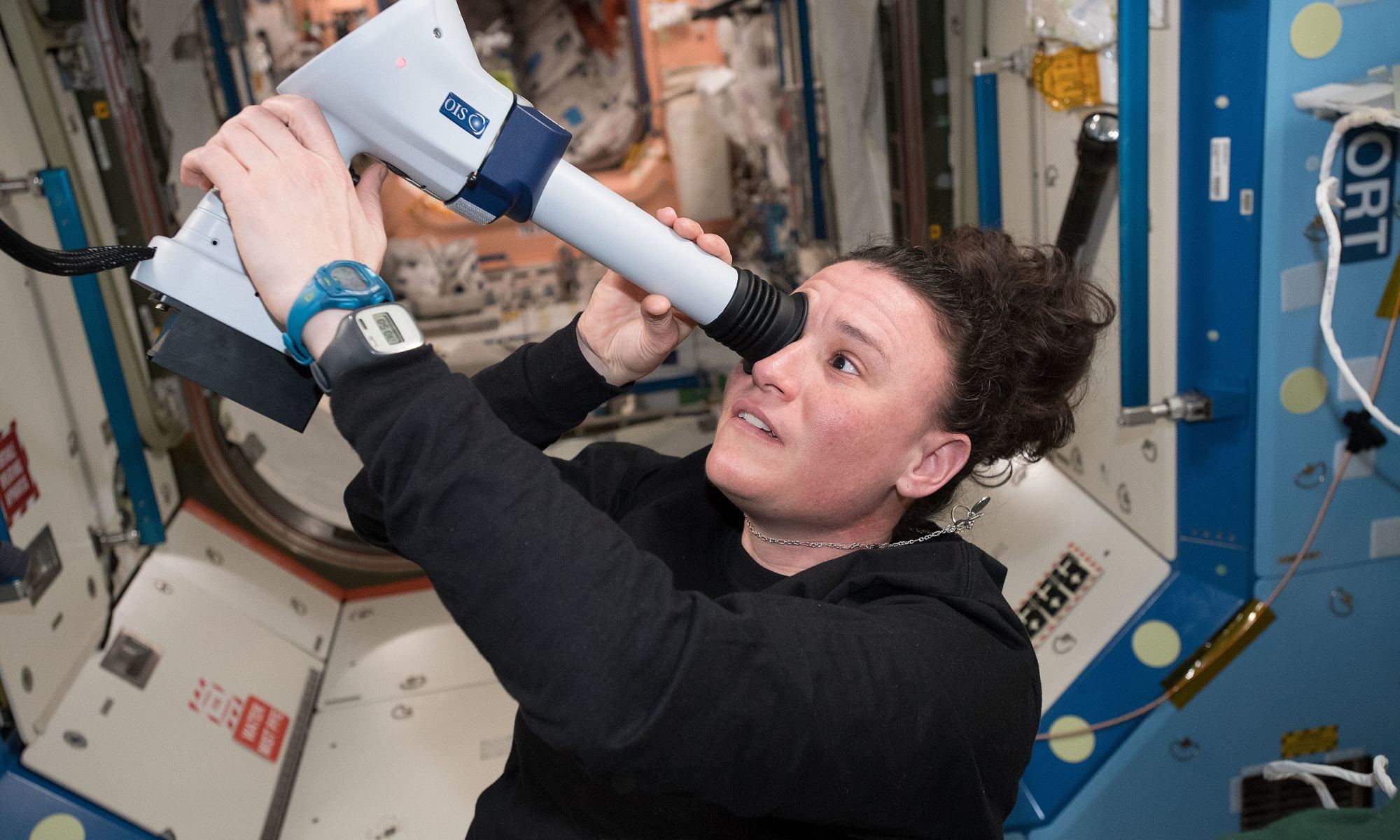Human bodies are sacks of fluids supported by skeletons. The entire human organism has evolved over billions of years on Earth in harmony with the planet’s specific gravity. But when astronauts spend too much time on the ISS in a microgravity environment, the organism responds, the fluids shift, and problems can occur.
One of those problems is with vision, and scientists are working to understand how it happens and what they can do about it.
Continue reading “How Can Astronauts Avoid Vision Loss from Spaceflight?”

